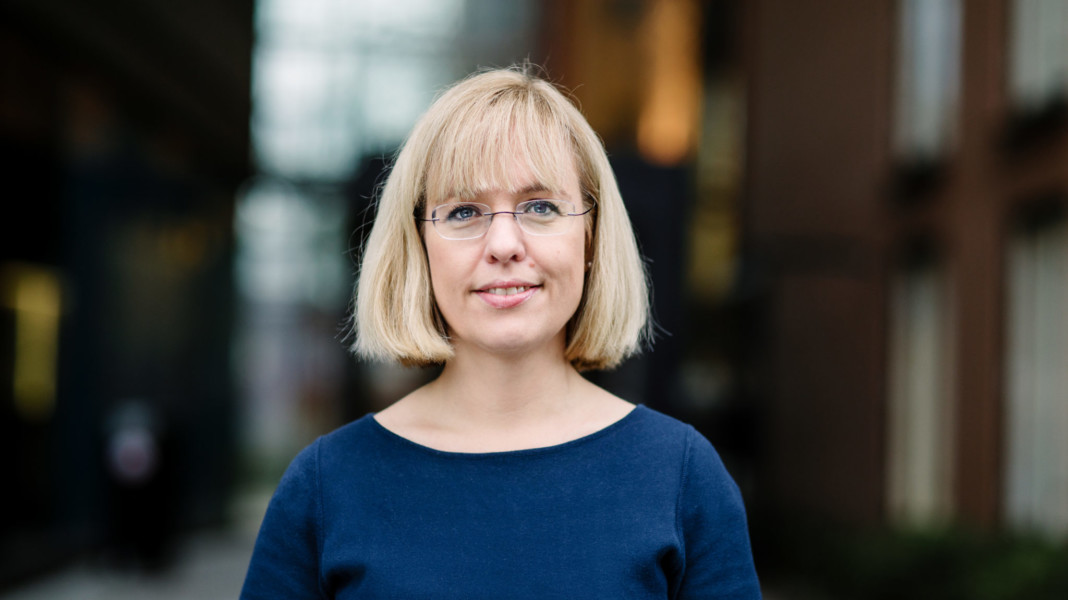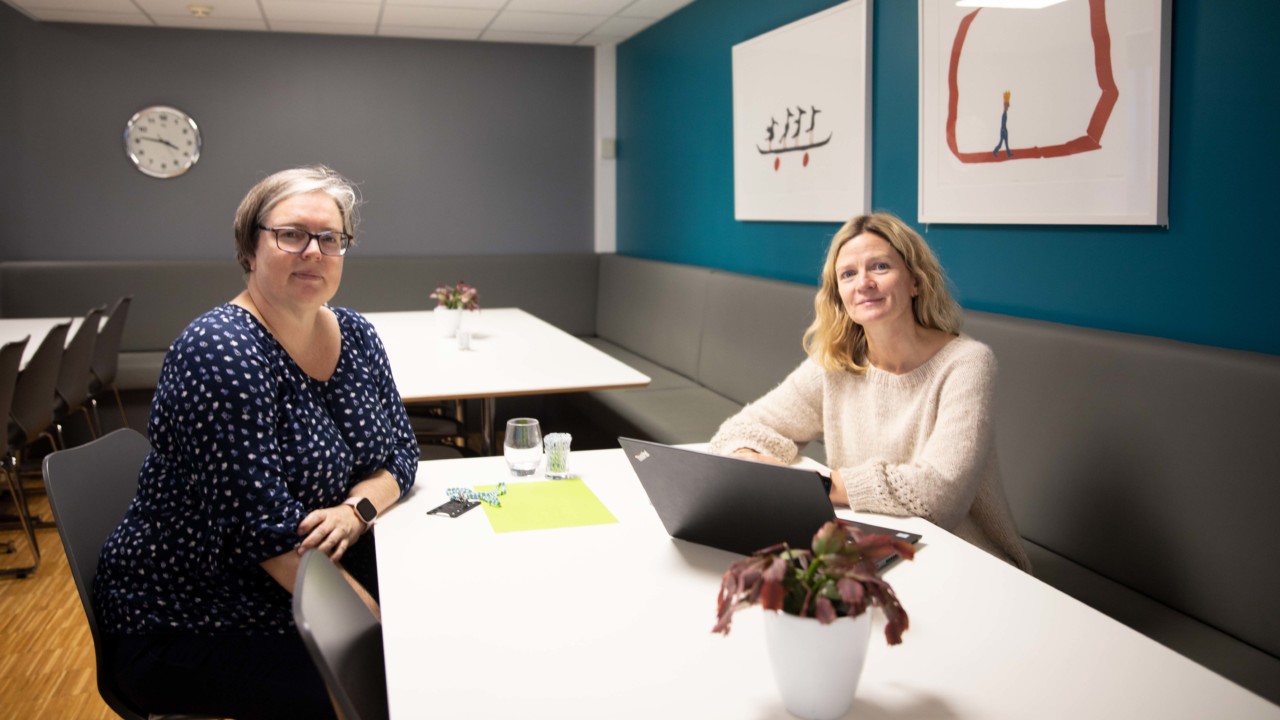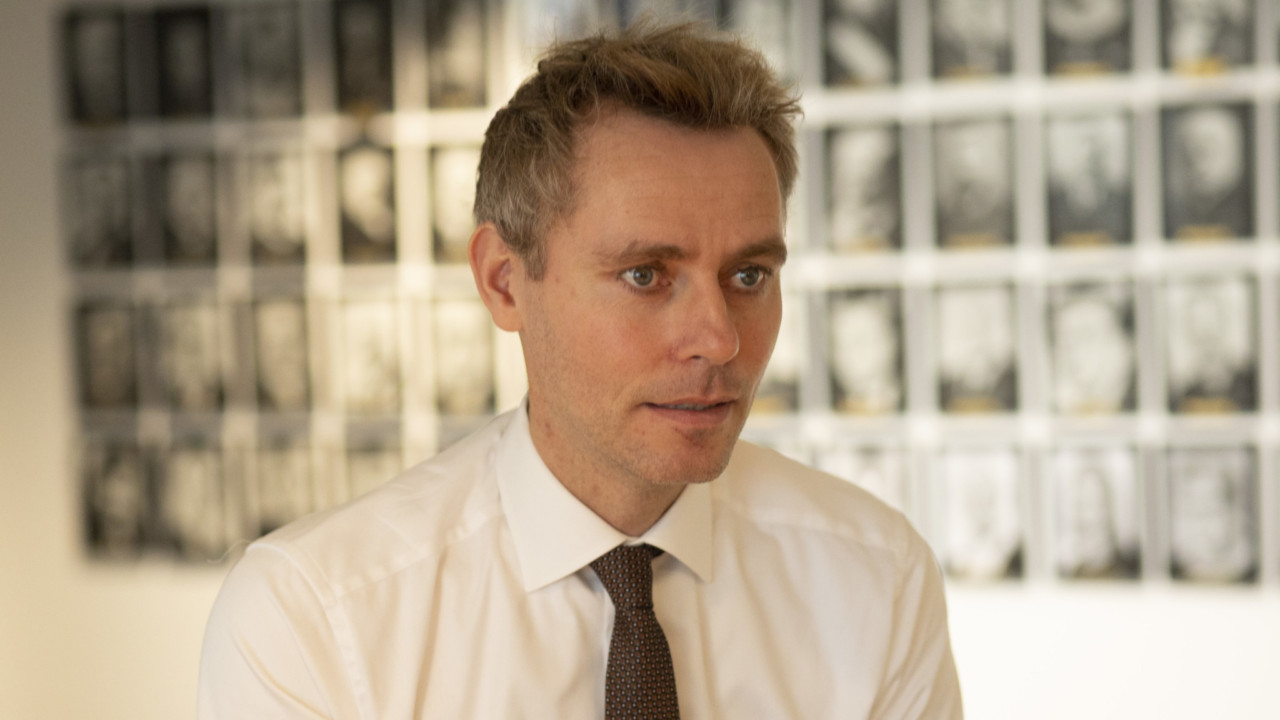
Av Forskerforum
Publisert 8. desember 2021 kl. 23:31
In November, Nifu published its 2021 time-use survey. They collected data on how much time researchers spend on research and development (R&D) and other work tasks. For the first time, they looked at differences in time use between Norwegian and non-Norwegian citizens.

‘Foreign researchers work more than Norwegians,’ says Kaja Kathrine Wendt at Nifu. Non-Norwegian research fellows work two hours more a week than Norwegian research fellows – especially men: They work over 45 hours a week, on average.
The biggest difference is among professors. ‘Those who work the most are female foreign professors: more than 50 hours a week,’ says Hebe Gunnes, who also worked on the survey.
One finding surprises them: ‘There has been discussion over whether the proportion of foreign researchers is too high and whether they contribute enough to public debate. But the figures clearly show that they disseminate more than Norwegian researchers across the board,’ says Wendt.
Åse Wetås, director of the Language Council, recently gave an interview to Forskerforum about language in academia. Here are some highlights:
‘Universities and colleges must be the driving force in the development of a Norwegian academic language. It is the knowledge sector that must ensure that Norwegian professional terminology is developed in everything from fisheries to astrophysics and gender research.’
‘That language is also important in order to be able to take all relevant research results out to society, to join in and safeguard informed public debate. It trickles down to textbooks for use in primary and secondary education, and into working life and business, so that they also have access to the academic language. Academic language is the spearhead of language development!’
‘There must be a system that safeguards this function – one should be able to set aside time to write textbooks in Norwegian and to develop Norwegian academic language and terminology.’
There are calls to repeat a 2019 survey on sexual harassment at universities and colleges, which uncovered 18 cases of rape, to see if new measures have led to change and whether digitalisation during the pandemic has led to changes in how harassment occurs.
At a Kif conference, Ragnhild Hennum, deacon of the Faculty of Law at the University of Oslo, said, ‘We like to think that we are equal when it comes to power, but it’s just a lie. We’re very different, we’re super-hierarchical, almost feudal in structure, and it’s important that we recognise that.’
Highlights from when new Minister of Research and Higher Education, Ola Borten Moe, spoke to us about plans for the sector:
‘It’s not my job to dictate the content of teaching and research. But we should have good programmes across the country.’

‘We believe in greater academic freedom and a broad framework, for researchers, teachers and also students, so less time, energy and resources are spent on checks and reports, and more on the task at hand.’
‘Safeguarding the Norwegian language is a legal duty. That should form the basis for the way things are run.’